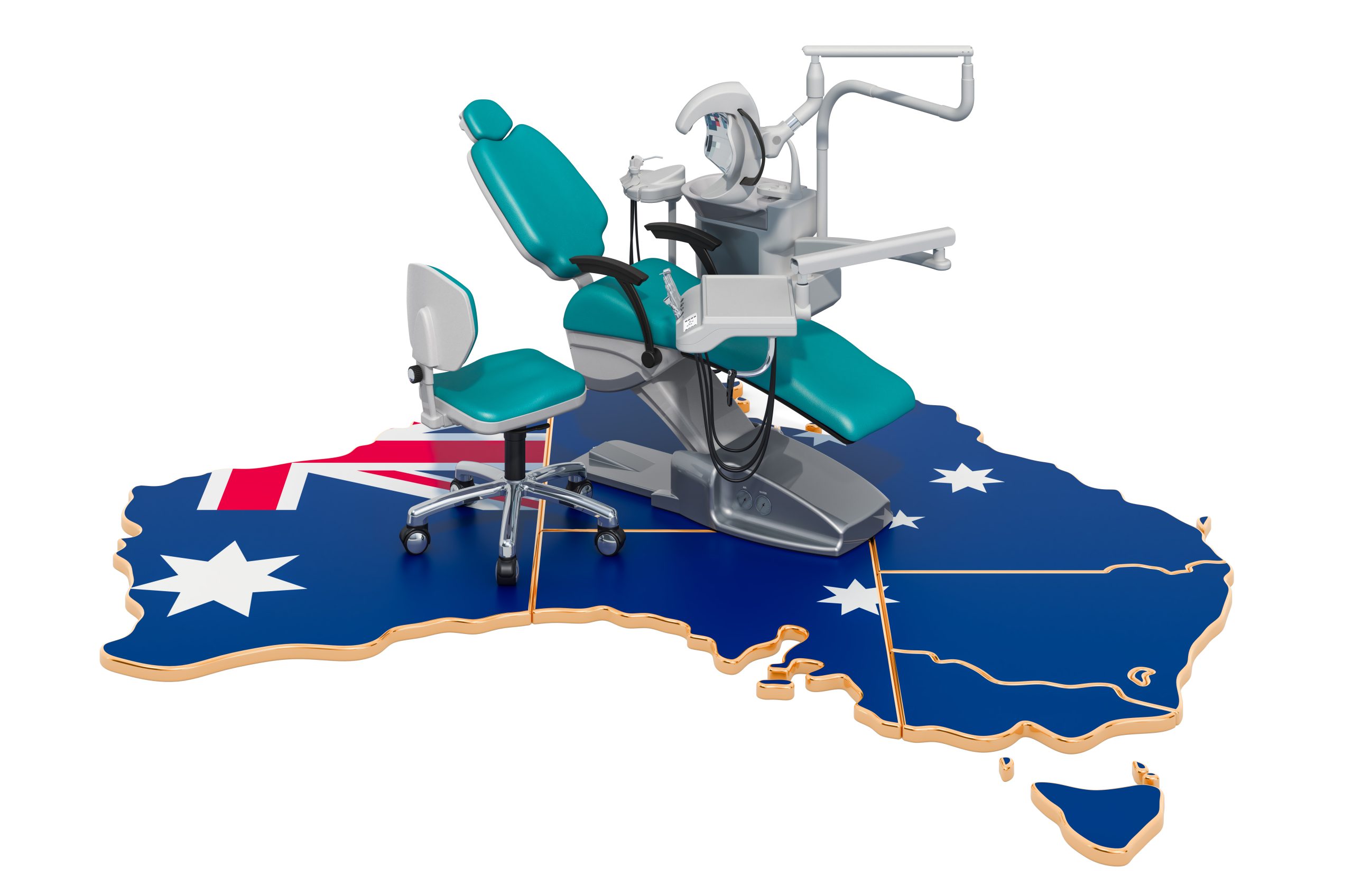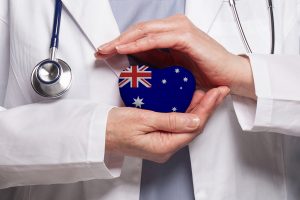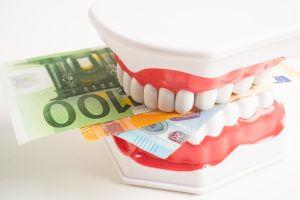Navigating Government Dental Grants in Australia

Access to affordable dental care is crucial for maintaining good oral health, which is essential for overall well-being. However, the cost of dental treatment can be a significant barrier for many Australians, especially those on low incomes, seniors, and families with young children. Fortunately, the Australian government offers various dental grants and schemes to help make dental care more accessible.
This guide provides a comprehensive overview of government dental grants in Australia, including eligibility criteria, covered services, and tips for accessing these programs.
Why Are Government Dental Grants Important?
Dental health is intrinsically linked to overall health. Poor oral health can contribute to serious conditions like heart disease, diabetes, and stroke. For vulnerable populations, the cost of dental care can be prohibitive, leading to delayed treatment, worsening conditions, and ultimately, a lower quality of life.
Government dental grants play a vital role in:
- Reducing financial barriers: Grants help individuals and families access essential dental services, regardless of their financial situation.
- Improving oral health outcomes: By making treatment more affordable, grants encourage preventative care and early intervention, reducing the need for more complex and costly procedures down the track.
- Promoting equity: Grants help to ensure that everyone, regardless of income or background, has the opportunity to maintain good oral health.

Overview of Government Dental Assistance Programs
Australia has a multi-tiered system of government dental assistance, with programs at both the federal and state/territory levels. The main programs include:
- Public Dental Services: Each state and territory offers public dental services for eligible individuals and families. These services are typically means-tested, meaning your eligibility depends on your income and assets.
- Child Dental Benefits Schedule (CDBS): This federal program provides financial assistance for basic dental services for eligible children aged 2-17 years.
- State and Territory Programs: Various states and territories offer additional dental programs targeting specific needs, such as seniors or those living in remote areas.
Public Dental Services: Accessing Care Through Your State or Territory
Public dental services are the primary source of government-funded dental care for eligible adults in Australia. However, eligibility criteria and services offered vary between states and territories.
Who is eligible for public dental services?
Generally, you may be eligible if you hold a:
Some states and territories may also have specific programs for:
- Refugees and asylum seekers
- Victims of domestic violence
- People with disabilities
What services are covered?
Covered services typically include:
- Dental examinations and checkups
- Scale and clean
- Fillings
- Extractions
- Dentures (may have limited availability)
Waiting lists:
Unfortunately, demand for public dental services often exceeds capacity, resulting in waiting lists. If you require urgent dental care, contact your local public dental clinic to inquire about emergency appointments or alternative options.
To find out more about public dental services in your state or territory, visit your local health department website.
Child Dental Benefits Schedule (CDBS): Keeping Kids’ Smiles Healthy
The Child Dental Benefits Schedule provides up to $1,000 in benefits per child over two consecutive calendar years for basic dental services.
Eligibility for CDBS:
To be eligible, your child must be:
- Aged between 2 and 17 years for at least one day of the calendar year
- Eligible for Medicare
- Receiving a relevant Australian government payment, such as Family Tax Benefit Part A
Services covered by CDBS:
The CDBS covers a range of services, including:
- Examinations
- X-rays
- Cleaning
- Fissure sealing
- Fillings
- Root canals
- Extractions
Finding a CDBS provider:
To find a dentist who participates in the CDBS, you can use the healthdirect service finder or contact the Department of Human Services.

State and Territory Dental Programs: Addressing Specific Needs
In addition to the federal programs, each state and territory offers its own dental schemes, often targeting specific groups or needs.
Examples of state and territory programs:
- Victorian Denture Program: Provides eligible pensioners with access to free or low-cost dentures.
- NSW Isolated Patients Travel and Accommodation Assistance Scheme: Helps cover the cost of travel and accommodation for eligible patients who need to travel long distances for specialist dental treatment.
It’s crucial to research the specific programs available in your location, as eligibility criteria and services vary widely.
Other Potential Sources of Dental Assistance
- Veterans’ Affairs: Eligible veterans may be entitled to dental treatment through the Department of Veterans’ Affairs.
- Aboriginal and Torres Strait Islander Health Services: Dedicated dental services are available for Aboriginal and Torres Strait Islander peoples through community-controlled health organisations and state/territory health departments.
- Emergency Relief: If you have an urgent dental need and cannot afford treatment, you may be able to access emergency dental care through charities or community health services.
Tips for Accessing Government Dental Grants
- Understand eligibility: Carefully review the eligibility criteria for each program to ensure you qualify.
- Gather documentation: Be prepared to provide proof of income, residency, and any other required documentation.
- Find a provider: Locate dentists who bulk bill or accept government vouchers to minimise out-of-pocket expenses.
- Plan ahead: Schedule regular dental checkups to prevent major dental problems and keep costs down.
Dental Grants for Low-Income Families
Families struggling financially can face significant challenges in affording dental care for their children and themselves. Government grants are essential in bridging this gap.
- Public dental services: These services are often the primary option for low-income families.
- CDBS: This program specifically targets children from low-income families.
- State-specific concessions: Some states offer further concessions for low-income families, such as reduced fees or priority access to public dental services.
Dental Grants for Seniors
Seniors often have complex dental needs and may be living on fixed incomes. Government support is vital in ensuring they can maintain their oral health.
- Public dental services: Seniors are a priority group for public dental services.
- State-specific senior dental programs: Some states offer programs specifically for seniors, such as denture programs or schemes to help with the cost of dental implants.
- Aged care facilities: Dental services may be available through aged care facilities, either on-site or through visiting dental practitioners.
Taking Control of Your Oral Health with Government Assistance
Navigating the Australian dental care system can be complex, but government grants provide valuable support for those who need it most. By understanding the available programs and how to access them, you can take control of your oral health and maintain a healthy smile.
If you have any questions about government dental grants or would like to discuss your dental needs, don’t hesitate to contact Dr. Bobby Chhoker. We are committed to providing affordable and accessible dental care for all Australians.
References:
https://www.health.gov.au/topics/aboriginal-and-torres-strait-islander-health
https://www.health.nsw.gov.au/transport/Pages/iptaas.aspx
https://www.health.vic.gov.au/dental-health/access-to-victorias-public-dental-care-services
https://www.healthdirect.gov.au/australian-health-services
https://www.healthline.com/health/diabetes
